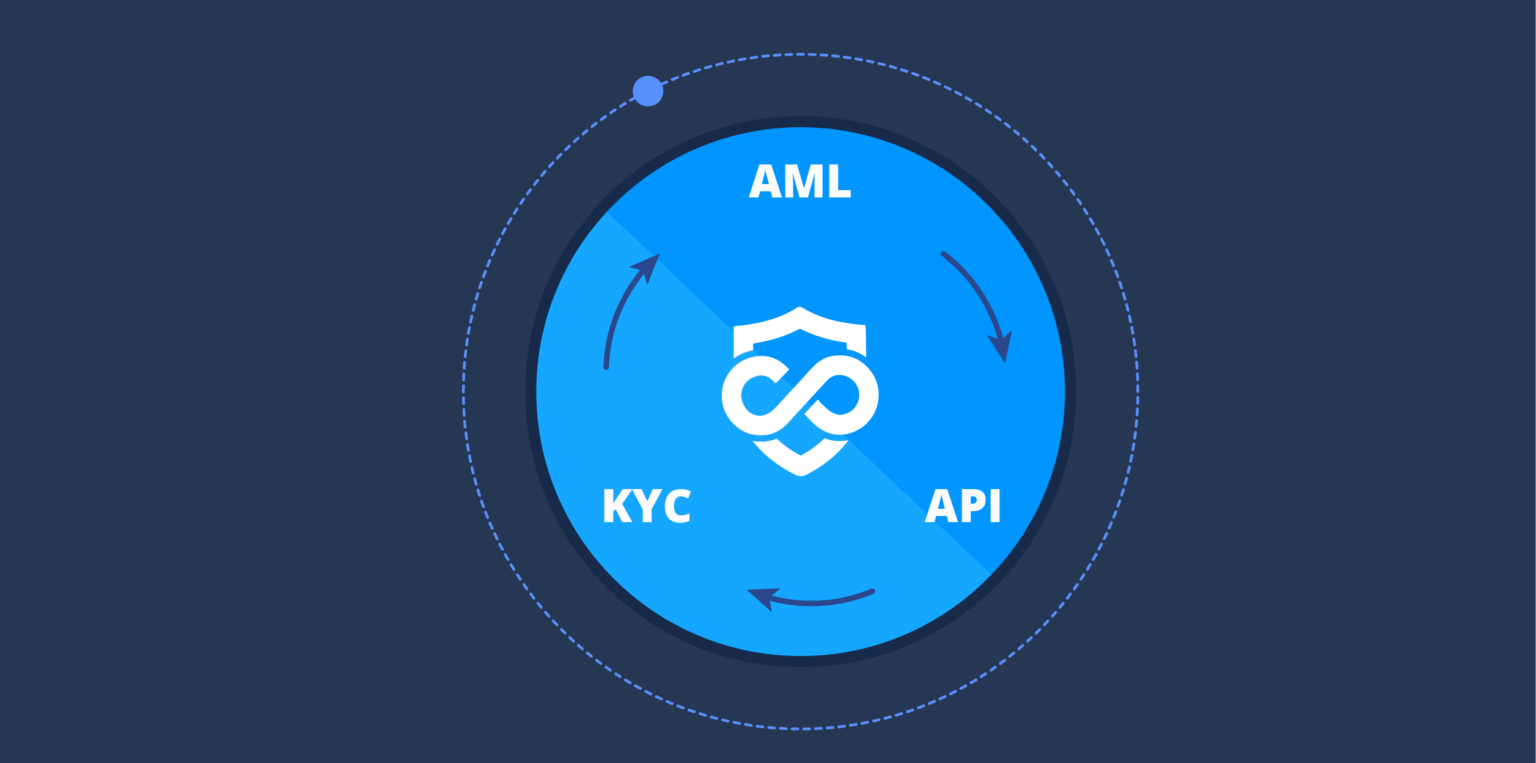Identity verification is not a manual process that is slow in the current digital era. Companies within the finance, e-commerce and services in the digital sectors need to adhere to regulations and also win over customer confidence. Here a KYC API comes in. Through the implementation of KYC features directly into the digital platform, organizations are able to authenticate users in real time, comply with the stipulations, and deter fraud.
What is a KYC API?
KYC, or Know Your Customer, is a regulation in which companies authenticate the identity of their clients prior to providing banking services. This traditionally involved the manual submission of documents, personal visits and delays in the process of approval. Nonetheless, the advent of digital transformation has automated this process by use of APIs.
A kyc api is a programming interface that links a platform of a company with an identity verifier. It allows companies to gather, authenticate and authenticate customer data real-time. This involves inspection of government issued IDs, facial checking, biometrics and other authentication.
Why Do Businesses Need KYC API?
Firms in all sectors are under regulatory challenges. Banking, cryptocurrency exchanges, internet-based shops, and even video game vendors are required to adhere to the regulations of KYC and Anti-Money laundering (AML). Failure to comply appropriately will cost them fines, penalties and reputation. KYC API can overcome these issues by simplifying the process of onboarding. Verification takes a few seconds as opposed to users uploading documents manually after which they have to wait until they are approved. This minimizes the number of drop-offs during registration and enhances user experience besides ensuring businesses are not compromised by fraud.
How Does KYC API Work?
The mechanism of a KYC API is quite complicated and effective. As a user registers, their details are safely stored by the API e.g. ID documents or biometric information. This information is subsequently compared with international databases, sanctions list, and governmental records. State-of-the-art APIs also use AI to identify forgeries, deepfakes or altered documents. As an illustration, a financial platform can make an individual share a photo of a passport and even a live selfie. KYC API then matches the two images in order to verify identity. At the same time, it also conducts background checks to check whether the individual is not on any politically exposed persons (PEPs) or watchlists. All this is done in a few seconds thus offering convenience and security.
Key Features of KYC APIs
Contemporary KYC APIs are that of high-volume with accuracy. They often include:
- Real-time ID verification
- Liveness detection and facial recognition Biometric authentication.
- International database screening in compliance with AML.
- Scoring of potential threat users automatically.
- Multi country and multi-language support.
These characteristics render the KYC APIs universal, which allows companies to onboard customers in different parts of the world without jeopardizing compliance.
Benefits of Using KYC API
KYC API integration has a number of benefits to business:
One, it is a guarantee of compliance with regulations. Financial control authorities require a high level of verification of identity and APIs ensure that one is done with ease. Second, it increases security because it reduces fraud risks including identity theft and account takeovers. Third, it enhances customer experience. Instead of undergoing time consuming verification processes, customers are able to undergo the onboarding process in a fast and convenient manner.
Also, KYC APIs are used to minimize the cost of operation. Automation of what was previously a manual and labor intensive process enables businesses to save on resources. This effectiveness enables companies to concentrate on development and be compliant.
Use Cases Across Industries
Banks are not the only ones that can use KYC APIs. They are digital wallets, payment processors and cryptocurrency exchanges used by fintech companies. They are used to eliminate fraudulent transactions by e-commerce businesses. KYC APIs are utilized by online games and betting platforms to identify the age and identity of its players to ensure that they do not violate the rules.
KYC verification has also been implemented by even the healthcare providers and telemedicine systems to protect patient information and avoid identity abuse. This demonstrates the flexibility and increased significance of KYC APIs in various industries.
Artificial intelligence in KYC API.
KYC APIs in modern times heavily rely on artificial intelligence. Artificial intelligence programs can identify fraudulent patterns, forged documents and analyse the biometric data at a high level of accuracy. The APIs that are delivered by AI can evolve along with changing fraud patterns, and in contrast to standard verification, they are more trustworthy.
Indeed, liveness detection can be used, such as in ensuring that a real person is present when verifying and prohibiting the utilization of photos, videos or deepfake technology. The innovation has become critical since digital fraud has been on the increase across the world.
Implementing KYC API is challenging because of the following issues:
In spite of the advantages, there are difficulties to consider in terms of integrating a KYC API. Companies should make sure that the API they have selected conforms to international privacy laws including GDPR and CCPA. Sensitive data must be dealt with in an encrypted and highly secure manner. The other issue is how to reconcile compliance and user-experience. In case the checking system is too rigid, the user can quit the registration. Conversely, when it becomes too lenient the businesses will be at risk of onboarding fraudulent users. The selection of a trusted provider and the adaption of the API workflow to the business requirements is essential.
The Future of KYC API
With the ever-increasing digital transactions, the need to be able to do effective identity verification will only increase. The APIs of future KYC process will be more advanced with additional AI features, blockchain-based verification and more biometric authentication. Those businesses who embrace these technologies at an early stage will have a competitive edge of creating trust and providing compliance in a world that is becoming highly regulated.
Conclusion
KYC API is not only a technical device but also an opening to a safe, legal, and smooth customer onboarding. Through identity verification that is automated, businesses can protect fraud, ensure that they comply with international rules, and provide a better user experience. Entering fintech and healthcare among others, global industries are adopting KYC APIs as a building block of digital transformation. With emerging and advanced fraud and expanding regulations, KYC APIs will continue to be the key to success in business because it will allow companies to operate in a safe and trusted setting.


